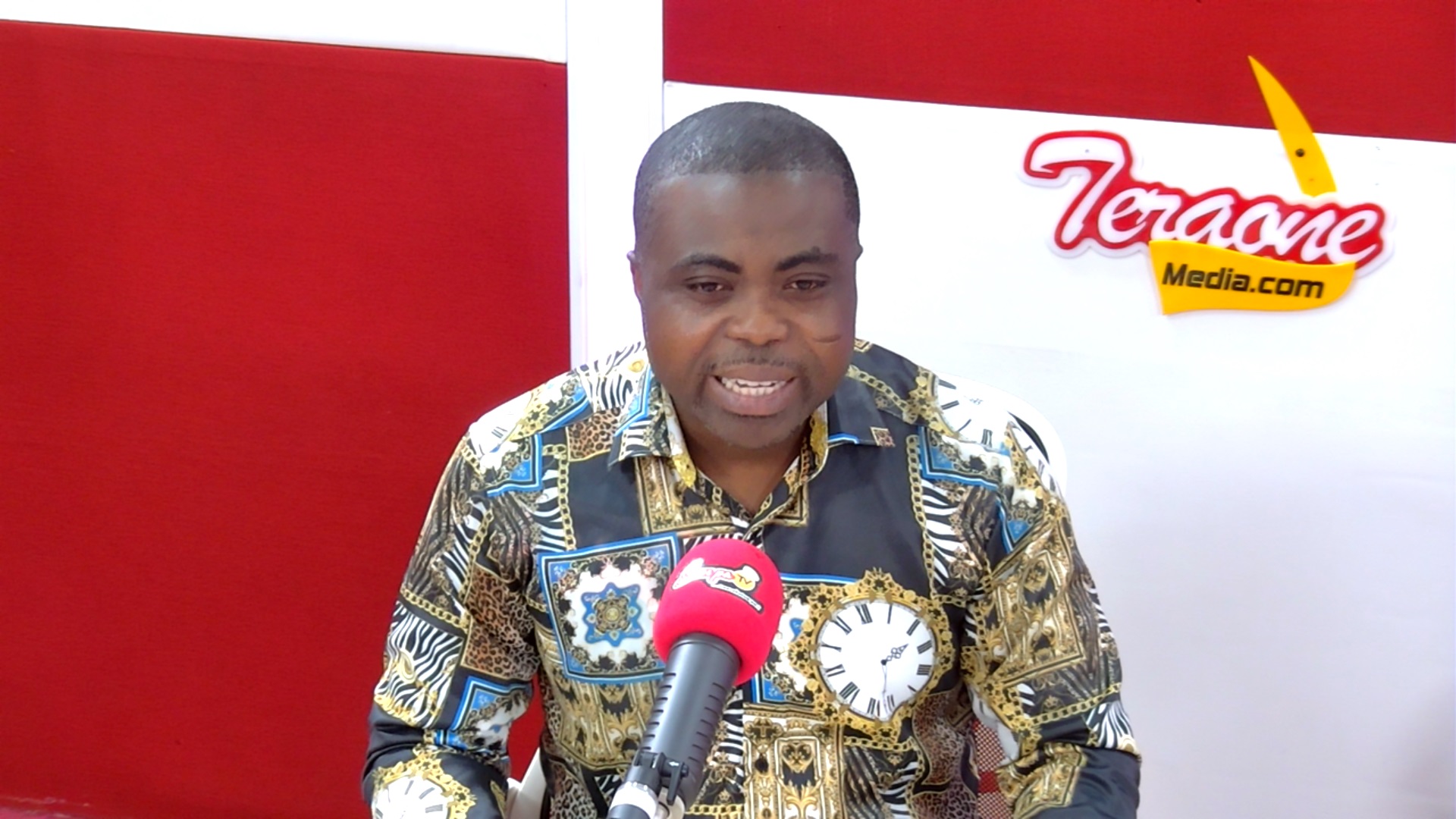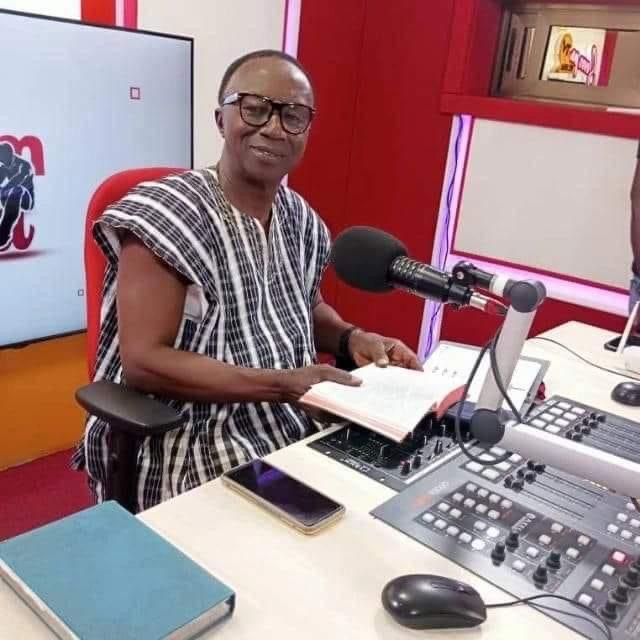Property rate is a direct tax meaning the person owning the property is taxed directly. It is also progressive, in that the properties of higher value pay more. The country stands to raise a conservative estimate of 5 billion Ghana cedis annually from property rates if its collection is maximized and its challenges are addressed.
In a one-on-one interview with Owoahene Achaempong of Sompa 90.7FM, the Technical Support Officer at the Ghana Revenue Authority, Nkoranza South District, explained that the responsibility of the property rate collection lies with the Municipal, Metropolitan and District Assemblies (MMDAs).
"Property rates are collected annually as part of the Internally Generated Funds (IGF) for the development of social amenities, local services, and infrastructure at the local levels. It is a tax on immovable properties such as land, buildings, and improvements." he narrated it to the Ade Akye Abia host.
Mr. Thomas Mensah added that defaulters who fail to pay their property taxes stand the risk of their accumulated properties being sold to deduct all tax areas.
Over the years, District Assemblies have been unable to maximize revenue collection, collecting less than 30% of their revenue targets, due to varying challenges from ignorance of the population to the lack of a database to monitor and track properties and their owners. Addressing these challenges and implementing property rate reform can be the necessary tool we need to wean ourselves from the feeding bottle of donor money.
To this Mr Mensah added that even gods will pay property taxes.
"We will collect property rates from mission houses, and shrines are equally not exempted"
Around the world, property rates, formally known as property taxes, are used to finance an array of services from waste management to education. For example, it is used in conjunction with the government funds to provide education, social services, cultural services, environmental services, and local planning.













 Sompaonline.com offers its reading audience with a comprehensive online source for up-to-the-minute news about politics, business, entertainment and other issues in Ghana
Sompaonline.com offers its reading audience with a comprehensive online source for up-to-the-minute news about politics, business, entertainment and other issues in Ghana